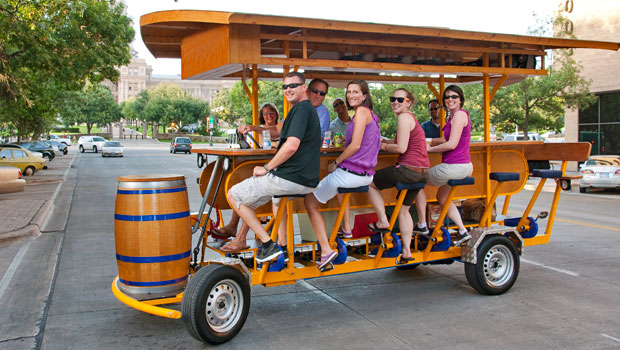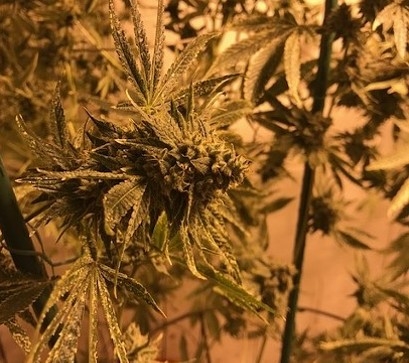Killick
Well-Known Member
What a great thread - thanks for the invite! Canada is at a similar crossroads as the original article, in that we've had legal cannabis patients through our Department of Veterans Affairs (DVA) for several years now. The program is an immense success, and is backed by great research, like this one: https://cannabisdigest.ca/cannabis-study-prescription/
Anyhoo, the government changed to Haircut Guy, and our new minister of DVA, Wheels, decide that 10g/day is too much cannabis for any vet, so the max amount is 3g/day, and they will only cover up to a certain price per gram. Also you need to purchase from one of 40ish Licensed Providers (LPs). Every single LP is, of course, owned by current government officials, family members, and former staffers. And, while Canada preps for 'legalized cannabis' the government is raiding dispensaries and arresting people for possession, clogging up a legal system that regularily releases criminals due to lack of due process - the courts are plugged full. http://montrealgazette.com/business...-legalized-marijuana-change-canada-and-quebec
So, with 'legal recreational' comes rules. Like these ones (paraphrased, of course):
1 - 4 x 100 cm plants max, with a max height of 100 cm. Because at 104 cm they grow teeth and eat small animals.
1a. 1 x 400 cm plant is maybe a crime. No response as yet.
2. Passing a joint to a minor (under 18?) could result in up to 14 years in prison. Yes. 14 years.
So a bunch of 'charlottes web' parents are really running a risk here, amongst a bunch of other silly scenarios (put together by a former cop -http://www.macleans.ca/politics/bill-blair-a-former-top-cop-in-charge-of-canadas-marijuana-file/ ).
ASccording to Health Canada here's the medical guidelines for growing: http://www.healthycanadians.gc.ca/d...n-personnelle/calculator-calculatrice-eng.php
So a bunch of vets are learning to grow. There are veterans teaching others how to medicate. And other veterans teaching others how to grow. Seeds are plentiful - worst case scenario go here a few days ago: www.overgrowcanada.com , but there are loads of other options online.
If any vet anywhere has a question about cannabis as a med please feel free to fire away. PM if necessary. It's done great things for me, and maybe it can help you, as well. Just know it's not all Cheech & Chong, but keep some chips and Floyd handy anyways... :)
PS - I have nothing to sell. I learned through a whole bunch of Q&A and several leaps of faith. A bunch of that help came from people in this very asylum. This is how I try give a bit of that knowledge back.
Anyhoo, the government changed to Haircut Guy, and our new minister of DVA, Wheels, decide that 10g/day is too much cannabis for any vet, so the max amount is 3g/day, and they will only cover up to a certain price per gram. Also you need to purchase from one of 40ish Licensed Providers (LPs). Every single LP is, of course, owned by current government officials, family members, and former staffers. And, while Canada preps for 'legalized cannabis' the government is raiding dispensaries and arresting people for possession, clogging up a legal system that regularily releases criminals due to lack of due process - the courts are plugged full. http://montrealgazette.com/business...-legalized-marijuana-change-canada-and-quebec
So, with 'legal recreational' comes rules. Like these ones (paraphrased, of course):
1 - 4 x 100 cm plants max, with a max height of 100 cm. Because at 104 cm they grow teeth and eat small animals.
1a. 1 x 400 cm plant is maybe a crime. No response as yet.
2. Passing a joint to a minor (under 18?) could result in up to 14 years in prison. Yes. 14 years.
So a bunch of 'charlottes web' parents are really running a risk here, amongst a bunch of other silly scenarios (put together by a former cop -http://www.macleans.ca/politics/bill-blair-a-former-top-cop-in-charge-of-canadas-marijuana-file/ ).
ASccording to Health Canada here's the medical guidelines for growing: http://www.healthycanadians.gc.ca/d...n-personnelle/calculator-calculatrice-eng.php
So a bunch of vets are learning to grow. There are veterans teaching others how to medicate. And other veterans teaching others how to grow. Seeds are plentiful - worst case scenario go here a few days ago: www.overgrowcanada.com , but there are loads of other options online.
If any vet anywhere has a question about cannabis as a med please feel free to fire away. PM if necessary. It's done great things for me, and maybe it can help you, as well. Just know it's not all Cheech & Chong, but keep some chips and Floyd handy anyways... :)
PS - I have nothing to sell. I learned through a whole bunch of Q&A and several leaps of faith. A bunch of that help came from people in this very asylum. This is how I try give a bit of that knowledge back.




